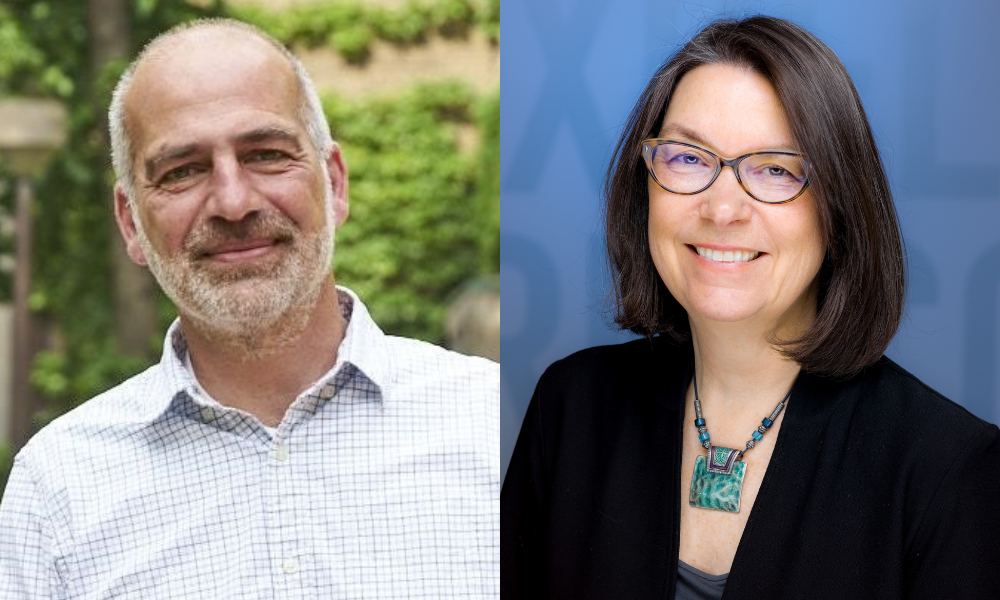
Instructors include anti-human trafficking experts, prosecutors, law enforcement, and survivors

Toronto Metropolitan University will launch a program in January to help executives, lawyers, and other professionals effectively respond to child sex trafficking and online child sexual exploitation – an issue the program says warrants closer examination as social media and rapidly evolving technology make children increasingly accessible to predators.
The program aims to help existing and potential response efforts coordinate so they can more effectively tackle the issue.
“There are many people who are engaged in this issue, many professionals across lots of different sectors, and they're all great professionals doing wonderful work,” says Kiaras Gharabaghi, dean of TMU’s Faculty of Community Services and a professor in the School of Child and Youth Care.
“But they're doing work in the absence of understanding how their work intersects with other people's work,” Gharabaghi says. He added, “Sometimes we work incompletely, which is to say that we do work that partially is very good, but that, in fact, doesn't address other areas that are important to address in parallel.”
The program will be taught by a roster of instructors that includes professors, anti-human trafficking experts, prosecutors, law enforcement, child welfare professionals, survivors, and more. It will run over nine sessions and accommodate both in-person and virtual attendance.
Participants will have access to a website facilitating collaborations and networking opportunities with other participants. They will also be invited to a full-day symposium on child sex trafficking and online child sexual exploitation that TMU plans to hold each spring. The school held a symposium on the subject this year in June.
Gharabaghi notes that the program is aimed at executives and other high-level professionals, including lawyers or prosecutors, whose work directly impacts other professionals in the field.
“There is some importance in ensuring that the leaders who usually set the agenda and the framework for how practice unfolds in their organization have some idea about how to equip all of their organization to be responsive in holistic ways to this particular issue,” he says.
Having worked with youth for four decades, Gharabaghi says a barrier to effectively responding to instances of child exploitation is an incorrect assumption that it stems from a child’s behavioural issues. This misunderstanding is still common, even among those who work with victims, the professor says.
Many social workers, for example, may have good intentions but also have no training on modern forms of child exploitation, he says.
“What we're trying to do is help people understand, how does recruitment actually work? How does social media play into that? What are the complexities and the nuances that are being played on to uphold this field? How does it intersect with what is relatively normalized youth culture around sexting? At what point do you identify a problem of a different nature? How do you talk about this in a legal context?”
Noting that specific demographics, particularly racialized communities, are often more prone to exploitation in Canada, Gharabaghi says another common obstacle is that “the leaders who are talking about those issues – the researchers and so on – often are not representative of the communities impacted.” The program made it a priority to ensure representatives from impacted communities could share their expertise, he adds.
Program director Jennifer Martin, an associate dean in TMU’s Faculty of Community Services and a professor in the School of Child and Youth Care, says the program will also address the well-being of the professionals working with exploited youth.
Professionals in law enforcement, child protection services, children’s mental health, and lawyers often “view these images, they hear what's happening to these children,” Martin says.
“We need to be talking about the health and well-being of those who are also doing this work because the impact on them can be quite severe as well,” Martin adds. “We want to build capacity [for] people to be able to do this work without experiencing harm.”
Registration for the program is open now.